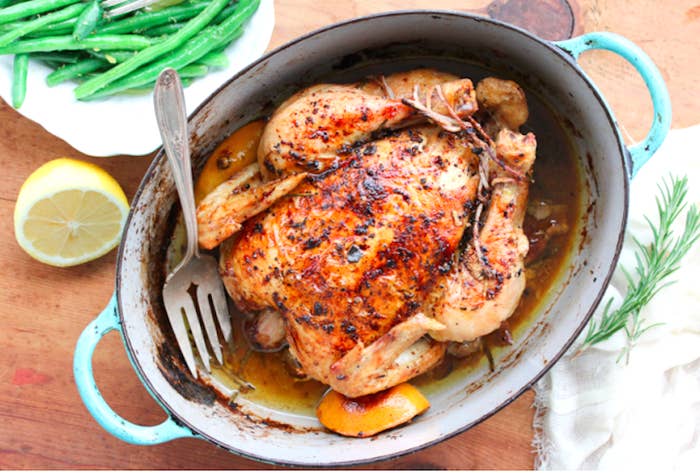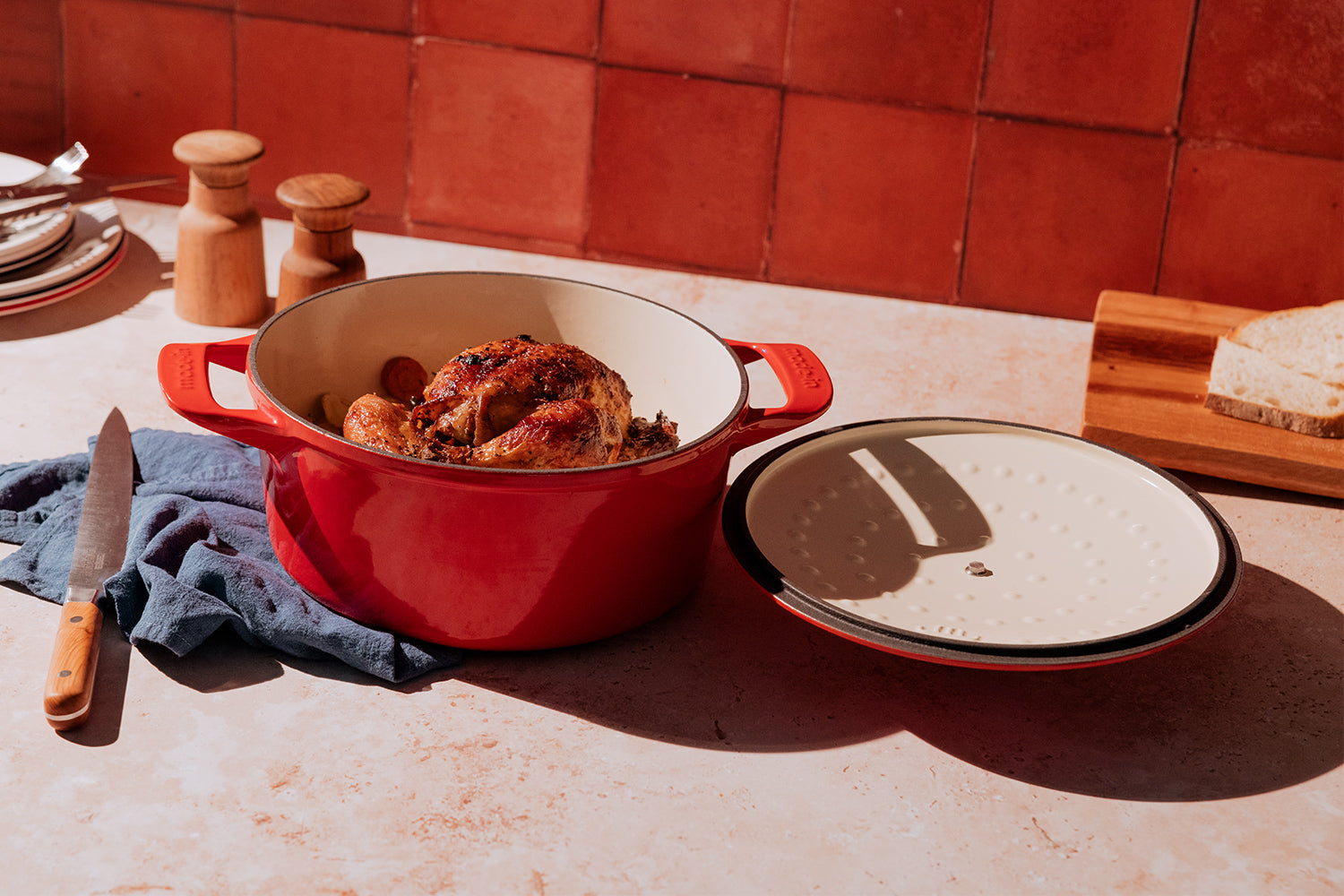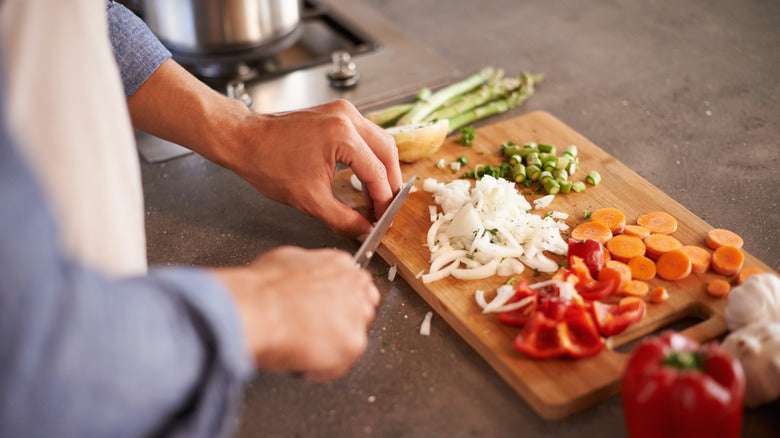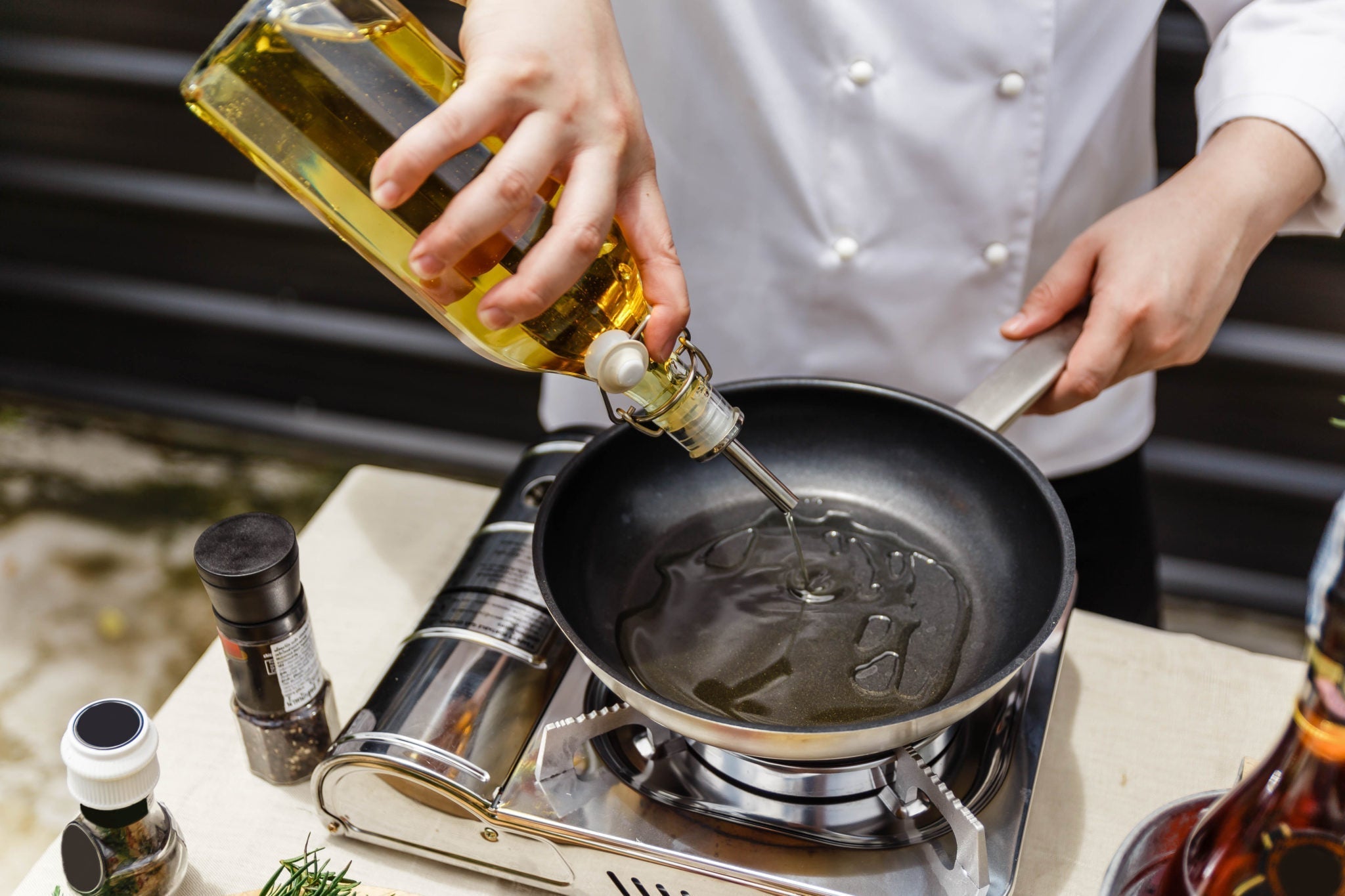When it comes to baking artisanal sourdough bread, selecting the right tools is crucial. One of the primary tools that can profoundly affect your baking success is the Dutch oven. But the question remains: what size dutch oven for sourdough? In this article, we will dive deep into helping kitchen professionals like yourself make an informed decision.
The size of your Dutch oven can influence various factors such as heat distribution, crust formation, and overall baking performance. Choosing the right size can be daunting, especially with all the options available in the market. So, let's explore what makes the perfect Dutch oven for sourdough baking.
:max_bytes(150000):strip_icc()/qt-one-off-tramontina-dutch-oven-tout-8154d553f36544238f725847881ea2d6.jpg)
The Importance of Size in Sourdough Baking
Before we delve into specific sizes, its essential to understand the importance of the Dutch ovens size in the sourdough baking process. A well-sized Dutch oven helps maintain consistent heat and humidity, which is vital for achieving that perfect rise and crust.
1. **Smaller Dutch Ovens (4 to 5 Quarts)**: Ideal for single loaves or smaller batches. These sizes are great for home bakers who prefer experimenting with various recipes without committing to larger quantities.
2. **Medium Dutch Ovens (6 to 7 Quarts)**: This range is versatile for multiple loaves, making it a great option for those who bake regularly. It allows for recipes that require larger loaves or multiple smaller ones.
3. **Larger Dutch Ovens (8 Quarts and Above)**: Perfect for professional bakers or those who often share their baked goods. These pots can accommodate larger batches, giving you flexibility in your baking routine.
Key Considerations for Choosing Your Dutch Oven Size
As you ponder the question of what size Dutch oven for sourdough, consider these factors:
1. Bread Volume and Types
Depending on the recipes you intend to make, your Dutch oven's size may differ. For example, if you're planning to bake round boules, a deeper pot may be suitable. For longer loaves, a wider model is likely better.
2. Oven Space
Before you purchase a Dutch oven, measure your oven. A pot that fits inside snugly allows for optimal performance. Its vital not to block the heat circulation necessary for even baking.
3. Heat Retention
For efficient baking, the material and weight of your Dutch oven are essential. Heavier pots made from cast iron retain heat better, allowing for superior crust formation.
Recommended Sizes for Various Sourdough Recipes
Now that weve covered the importance of size lets discuss specific recommendations:
1. Single-Batch Sourdough (4.5 to 5.5 Quarts)
If you are baking a simple sourdough loaf for yourself or your family, a 4.5 to 5.5-quart Dutch oven is ideal. It is perfect for home bakers who are scaling their baking efforts and ensures reactive heat that your sourdough needs.
2. Double-Batch Sourdough (6 to 7 Quarts)
If youre frequently hosting get-togethers or simply love sharing your baking with friends, a 6 to 7-quart Dutch oven allows you to bake multiple loaves simultaneously. It's particularly advantageous when preparing bulk batches for events.
3. Artisan Sourdough (8 Quarts and Above)
For professional bakers or those passionate about artisan methods, larger Dutch ovens become incredibly worthy investments. This size offers enough room to experiment with various shapes and sizes of loaves.
Materials Matter: Choose Wisely
Your choice of material will affect the baking abilities of your Dutch oven:
- Cast Iron: Renowned for its superior heat retention and even cooking. Perfect for creating a steam-filled environment for that crispy crust.
- Enameled Cast Iron: Easier to clean and doesnt react with acidic ingredients. However, it may not retain heat as effectively as bare cast iron.
- Carbon Steel: Lightweight with excellent heat conduction, but may require additional seasoning and care.
How to Maintain Your Dutch Oven
The longevity of your Dutch oven significantly depends on how you care for it. Here are a few tips:
- Regular Cleaning: Cleaning should be done carefully to maintain the seasoning and integrity of the cast iron.
- Seasoning: For cast iron, periodically coat with a thin layer of oil to maintain non-stick properties.
- Storage: Store your Dutch oven with the lid slightly ajar to prevent odors.

Frequently Asked Questions
1. Can I use a Dutch oven larger than 8 quarts for sourdough?
Yes, but be mindful of oven space and heat distribution. Larger ovens may create uneven heat if not properly placed.
2. Is it necessary to preheat my Dutch oven before baking?
Preheating your Dutch oven helps with creating a better initial oven spring and crust.
3. Can I bake sourdough in a ceramic Dutch oven?
Yes, ceramic options can be used, but they may not retain heat as effectively as cast iron, impacting the final result.
As an Amazon Associate, I earn from qualifying purchases.






Leave a comment
This site is protected by hCaptcha and the hCaptcha Privacy Policy and Terms of Service apply.